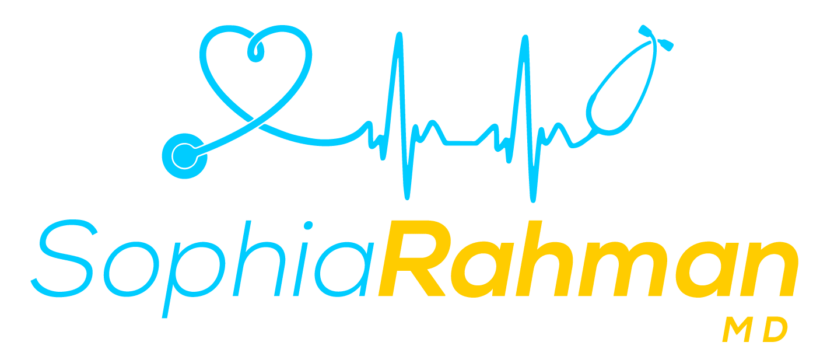Skip to content
Medicare Medicine Safety Form
Taking Your Medicines Correctly
- Make a list of medications you are taking now. Include the dose and how often you take each. Also, list any over-the-counter medications, vitamins, nutritional supplements or herbal products that you take regularly. List any allergies to medications, foods, or IV contrast (used in radiology).
- Any time that your medications change, change your list, too. Double check the imprints on the tablets and capsules.
- Keep medications in their original containers. Many pills look alike, so by keeping them in their original containers, you will know which is which and how to take them.
- Never take someone else’s medication. You don’t know if it will interact with your medication, the dose may be wrong for you, or you may be allergic to it.
- Read the label every time you take a dose to make sure you have the right drug and that you are following the instructions.
- Turn on the lights to take you medications. If you can’t see what you’re taking, you may take the wrong thing.
- Don’t store medications in the bathroom medicine cabinet or in direct sunlight. Humidity, heat and light can affect medications’ potency and safety.
- Store medications where children can’t see or reach them, for example, in a locked box or cabinet.
- Keep medications for people separate from pets’ medications or household chemicals. Mix-ups are common and can be dangerous.
- Don’t keep tubes of ointments or creams next to your tube of toothpaste. They feel a lot alike when you grab quickly, but a mistake could be serious.
- Don’t chew, crush or break any capsules or tablets unless instructed. Some long-acting medications are absorbed too quickly when chewed, which could be unsafe. Other medications either won’t be effective or could make you sick.
- To give liquid medication, use on the cup or other measuring device that came with it. Dosing errors can happen if you use a different cup that is a different size or has different markings. Also, household teaspoons and tablespoons are not very accurate, which is important with some medications. Your pharmacist may give you a special oral syringe instead.
Book an Appointment
Don't just take our word for it
Client Feedback & Reviews
Trustindex verifies that the original source of the review is Google. I highly recommend Dr. Rahman. Her office is efficiently run by Jennifer and April. Wait time is never long in the office, and communication can be done on-line when needed. Dr. Rahman always listens to questions and concerns during visits, and I never feel rushed. I just completed a year of successful weight loss with her guidance, and throughout that year she monitored my health closely and ensured I had all the help I needed. Thank you Dr. Rahman and Jennifer and April!Trustindex verifies that the original source of the review is Google. I just completed my sixth session of hair growth therapy with Dr. Rahman, and I couldn't be happier with the results! From the very first appointment, Dr. Rahman was incredibly attentive to my needs, patient, and informative throughout the entire process. I initially found her on social media and was a bit hesitant, but I am so glad I decided to go in for a consultation. Dr. Rahman's expertise and care truly made a difference, and I am thrilled with how thick my hair has become. If you're considering hair growth therapy, I highly recommend Dr. Rahman. She is awesome, and I am so grateful for the positive changes I've experienced!Trustindex verifies that the original source of the review is Google. Dr. Sophia Rahman was incredibly diligent and kind during our virtual visit. Even through the screen, she created a calm and welcoming environment that made me feel completely comfortable. She took her time, listened carefully, and never made me feel rushed. Her thoughtful and attentive approach really stood out, and I felt truly heard and cared for. I would absolutely recommend her to anyone looking for a compassionate and professional PCP.Trustindex verifies that the original source of the review is Google. Dr. Rahman has really helped me get on track with my fitness and nutrition and having her listen to my concerns is an added plus! Great staff with April and Jennifer. Always comfortable and taken care by all. Thank you so much!Trustindex verifies that the original source of the review is Google. Dr. Rahman is truly the greatest! one of the nicest and most compassionate providers i’ve been to! She’s is so kind, accommodating, and such a great listener! Started seeing her and i already have seen results! I can’t wait to see the final results. i’d highly recommend anyone to give her services a try. you won’t be disappointed!Trustindex verifies that the original source of the review is Google. I saw Dr. Rahman a couple weeks ago and she was very attentive towards me and compassionate when I discussed my health concerns. I went in with health worries and felt relieved with the options she discussed with me. I think anyone seeing her will see how sincere and knowledgeable she is in her field, and how motivated she is to help her patients.Trustindex verifies that the original source of the review is Google. Simply the Best.
Your Health, Your Turn – Act Now and Rewrite Your Story!
Lorem ipsum dolor sit amet, consectetur adipiscing elit. Ut elit tellus, luctus nec ullamcorper mattis, pulvinar dapibus leo.

